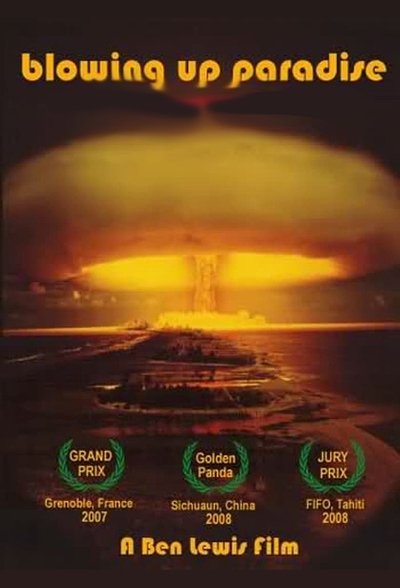Blowing Up Paradise
A story of liberty, equality and radioactivity.
Genres
Documentary
OverView
Blowing Up Paradise uses color archival footage to chronicle France's explosion of various nuclear devices, in violation of the international test ban treaty, from the first test in 1966 to the last in 1995. Interviews with former and current French government officials, scientists, and nuclear advisors.
Others
Budget
$--
Revenue
$--
Status
Released
Original Language
English
Runtime
79 mins
Rating
7/10
Release Date
16 March 2005
Country
